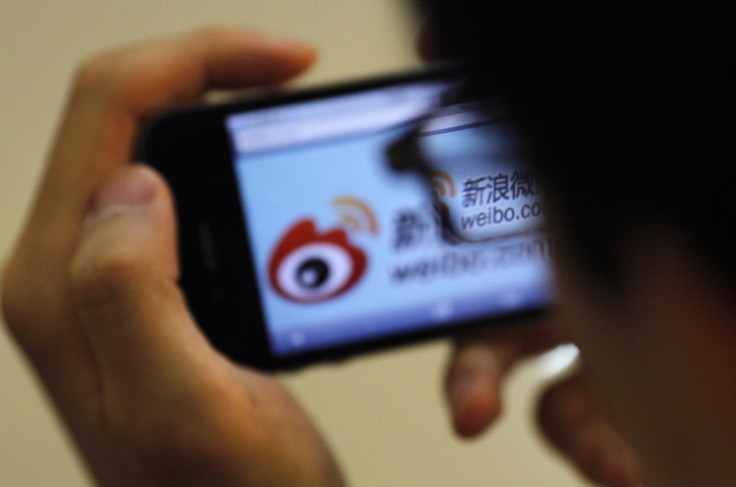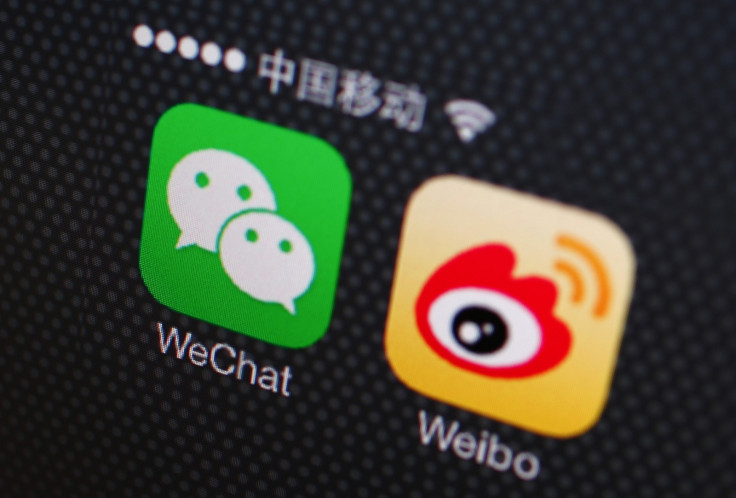Chinese social media users revive secret 'Martian' language to evade government censors
A clampdown on Weibo, WeChat and WhatsApp has seen the forgotten coded language resurface.

Chinese social media users feeling the pressure of government censorship have found a smart way to evade watching eyes, reviving a forgotten language in order to communicate freely.
The Martian language, a form of coded Chinese that dates back to 2004, is increasingly appearing on social sites such as Weibo and WeChat – both of which enforce strict rules for its users and often see interference from government officials to crack down on what's being said by citizens.
Following the recent death of Chinese dissident Liu Xiaobo, as well as a post by sociologist Li Yinhe that called for the elimination of censorship in China, social media was flooded with messages of support that were swiftly deleted.
New laws were subsequently brought into effect that saw features of WhatsApp being blocked and even hotels reconfiguring internet access for guests. The voices were silenced and article was taken offline. Or so they thought.
Soon after, a number of posts that looked nonsensical began appearing on the sites. However, they were not gibberish, they were communications in Martian in order to bypass the keyword filtering algorithms used by the censors. Several of these were a complete republish of Li Yinhe's post.
Using a combination of Chinese characters mixed with Japanese, English and kaomoji – emoticon-like symbols – the language originally took off across online gaming chat and soon swept to mainstream messaging apps as well as schools, to keep parents and teachers none-the-wiser to private conversations.

In a report by Quartz, a Weibo user who posts in Martian explains: "We use it to make fun and sneer. It's a cultural symbol of the post-1990s [generation]."
"From today on, I will post on Weibo in Martian language. Because if I post in Chinese I will be gagged. Guys you can have a try," said another.
With VPNs also being banned from use in the country, Chinese social media users are feeling the fear and frustration of not being able to freely speak their minds. The linguistic trick was able to give them a chance to voice their views – although it doesn't work all the time as human censors have caught on to the workaround.
"If the Martian language [versions] of certain keywords are not on the blacklist already, it can be used to bypass censorship until a human reviewer censors it," said Jason Q. Ng of the University of Toronto's Citizen Lab, which conducts research on censorship.
Reportedly, while several of the Martian re-posts of Yinhe's work were discovered and deleted, it was still visible on other platforms.
"If a Martian-language keyword is censored on Weibo it does not necessarily mean that it is censored on other platforms such as WeChat," Lotus Ruan, a research fellow at Citizen Labs, explained.
Sadly, it appears that Martian isn't a flawless trick to communicate without restriction and while it may be successful on occasion, as authorities become more aware of the methods users are going to it will only be a matter of time before methods to prevent or detect it will be introduced.
© Copyright IBTimes 2025. All rights reserved.






















